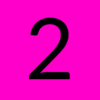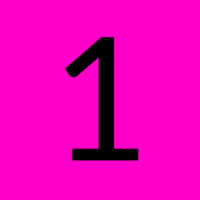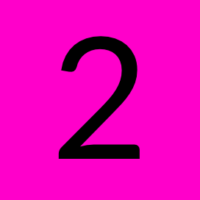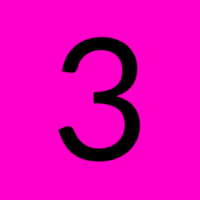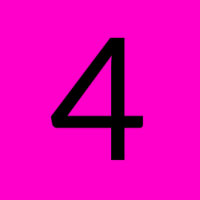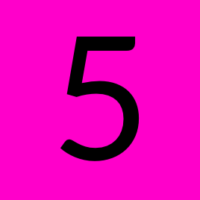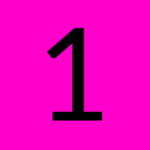
Science Literacy
Science Literacy
The goal of science education is to produce people who are scientifically literate. Decide how you are doing in this section.
Learning Objective: Describe what it means to be scientifically literate, providing examples of how to enhance science literacy.
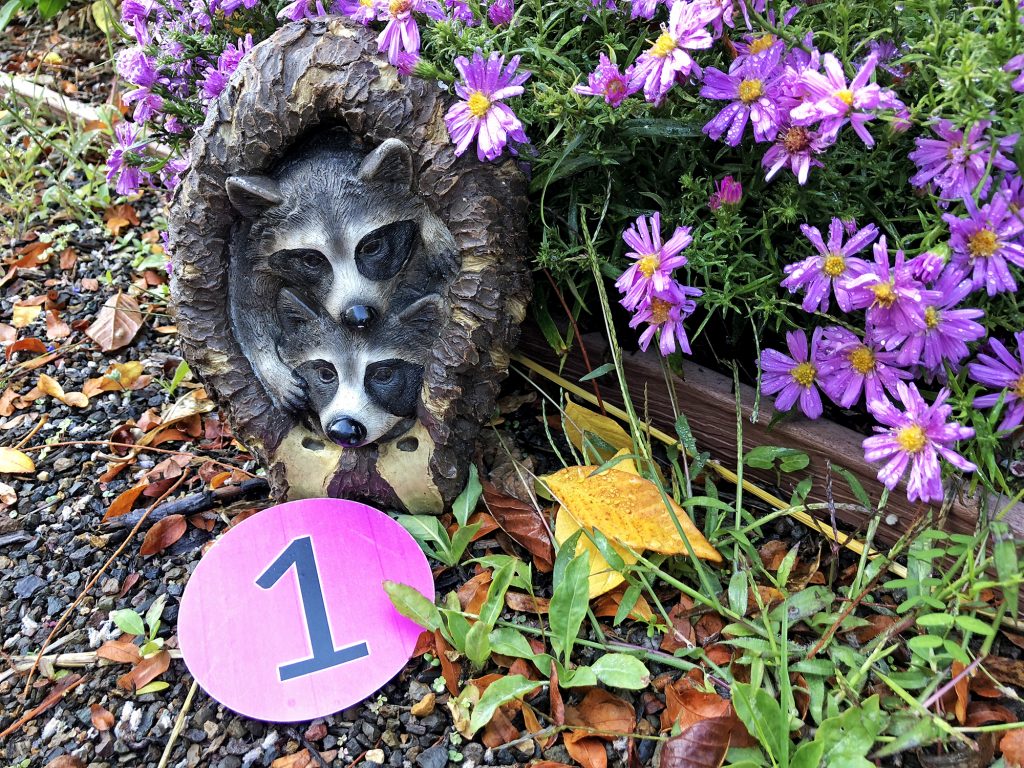
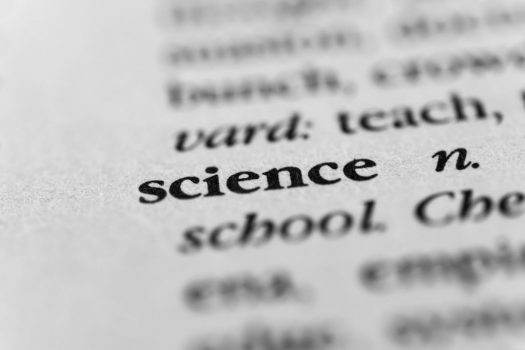
Literacy has traditionally meant to be able to read and write. The term science literacy means something different: understanding science.
Science literacy is broken into three components that will seem very familiar to you at this point: the concepts, skills, and connections outcomes you are filling in for your final portfolio.
Science Concepts
Characteristics and themes of science knowledge
Science Skills
Techniques for discovering the natural world
Science Connections
Links between science and society, including real-world applications
Whether it is physics, chemistry, or other science, you will have concepts, skills, and connections.
Courses focus on more specific levels of knowledge. For example, this is a biology course, but it is impossible to introduce all of life in 10 modules, so there was further focus on animals. Each level of focus still includes concepts, skills, and connections; so that gave this course three levels of focus and nine total outcomes.
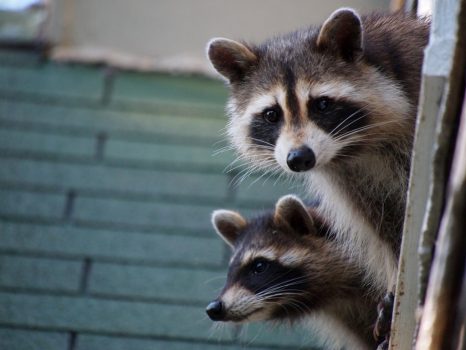
Some aspects of science literacy are used repeatedly, including knowledge about local species, skills involved in treating a cold, or recognizing science icons like the DNA molecule in popular culture.
One of the primary ways you will test your science literacy is in situations when there is limited available information.
We have just adopted three crabs that are new to the pet trade, and online resources have conflicting information about their care. These videos demonstrate how you may need to acquire your own knowledge by testing variables.
In constructing the final portfolio for this course, you are demonstrating aspects of your science literacy. The portfolio could also be a start of further science adventures.
The next section introduces science topics you are likely to repeatedly encounter in your lifetime and includes planning for future science learning.

